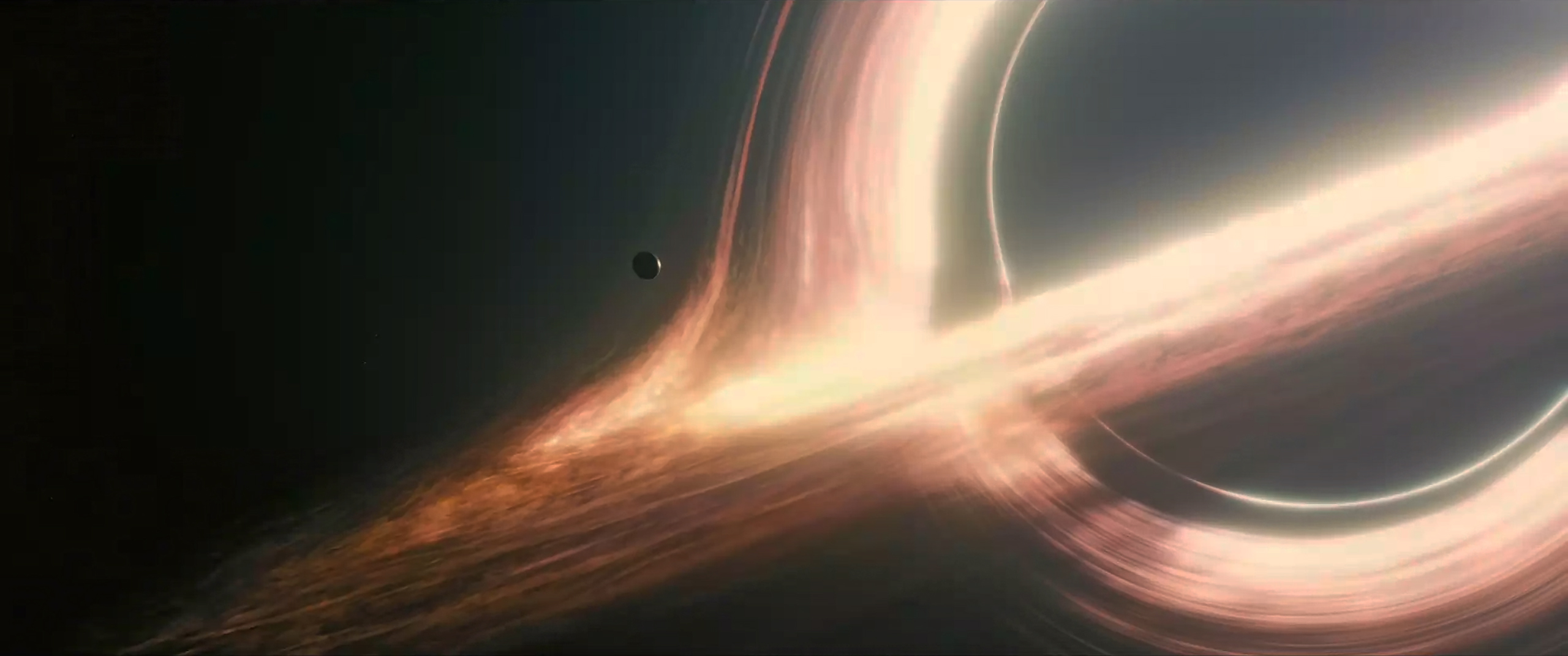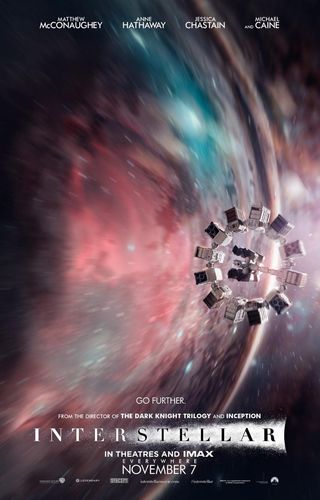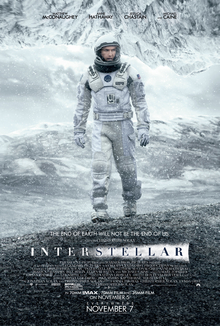First, wormholes are possible in theory. However, there is no empirical evidence to prove they actually exist, but the math suggests they do. Einstein was the first to propose the existence of wormholes, and he's been right so often with his theories that it's hard to believe he would be wrong. The difficulties come with how they are created, and it tells you a lot about the kinds of forces you are dealing with. It's these forces which cause the problem with traveling through a wormhole, and not the existence of the phenomenon.
Wormholes are accurately explained in the movie. They describe what a wormhole does, and what it looks like. The problem is not the phenomenon itself. The problem comes with how they are crated. Einstein and Hawking both wrote about wormholes. Einstein posited that if a mass were to be dense enough, it could cause a highly localized distortion in space-time. This distortion could form a hole in space-time causing it to fold space from one point to another. Hawking proposed, and has since modified, a theory that the wormholes form their own pocket universes. In either case, wormholes require a huge mass that has compressed to the point where it rips a hole in space-time.
 |
| NASA JPL actual black hole |
 |
| black hole from Interstellar Movie |
The next issue confronting the progression of the plot is the Plan B contingency. Plan B is the use of In Vitro Fertilization (IVF) to repopulate a habitable planet. This would occur if the crew was unable to return to Earth, or the people on Earth were unable to evacuate the planet. My issue is not the technology, or the idea, but how it's carried out.
The idea would be for Anne Hathaway's character, Dr. Brand, to act as surrogate for the embryos, and become a surrogate Eve on the new world. Obviously, this plan was concocted by someone who has never been a parent, or given birth. There is almost a metric ton of frozen embryos for use in this plan. I wondered if the plan was for her to give birth to them all, because that seems to be putting a lot of eggs in one basket.
This entire plan is designed to fail. Why?
Because, Dr Brand is the ONLY female on the mission. The mission starts with three males, and ONE (singular) female. The back-up plan is for her to use IVF to get pregnant (a lot), and hope that she doesn't die giving birth. There is no fail-safe measure. There are no other women on the ship, and (wish all you want) men can't have babies (even with IVF).
By the end of the film (SPOILER ALERT), she's left alone. How many women would be willing to:
1. Live on an alien world - ALONE
2. Have a child - ALONE
3. Raise said child - ALONE
All of this while scratching out an existence on a world with unknown hazards and hardships (need I repeat it - ALONE!). This would NEVER work as a plan.
You might be thinking: "This writer is an idiot. He doesn't know how strong women are. He must be some misogynist jerk who doesn't give Dr. Brand the credit she deserves."
You would be wrong. I am married to a strong woman. She raised two of her own children, and many of her siblings by herself. My mother, and sisters are all strong women. My great-grandmother raised a whole bunch of kids by herself in an unforgiving mountain valley in Idaho. I know strong women. I know what mentality it takes. I know that there comes a point where, if living becomes too much of a challenge, people can't continue. No matter how strong they are.
Pioneering a new world would be challenging enough, but raising an entire civilization by yourself would break Dr. Brand. I base this on her reaction after she makes a bad decision, and gets one of the crew killed.
The simple problem comes to this: There are far too few crew, and not enough women to complete the secondary mission if the primary one fails. For a science heavy story, it fails basic math.
Act 3 soon to come.

